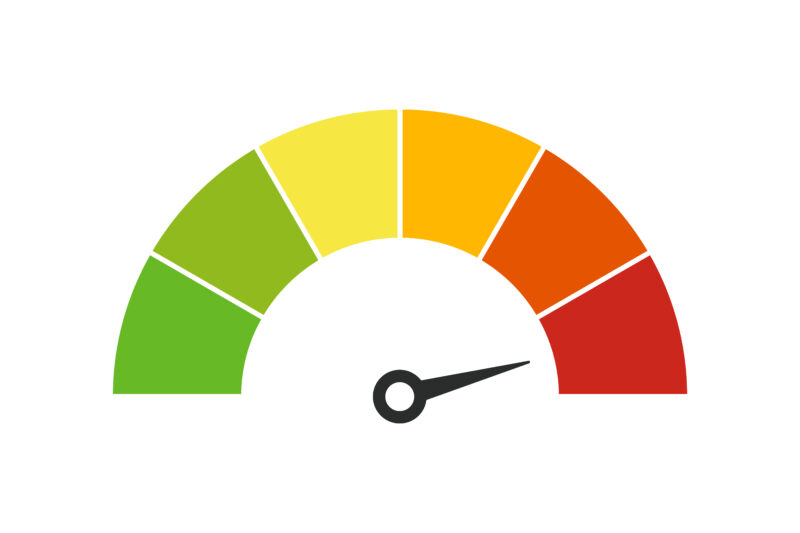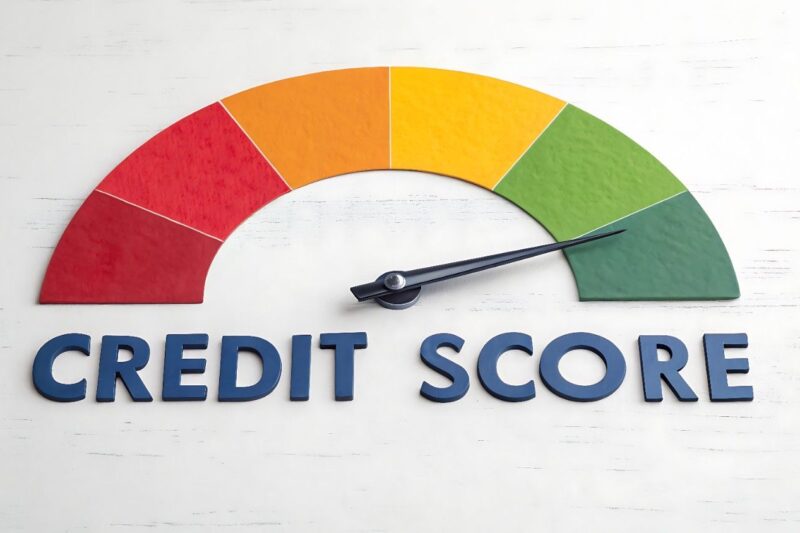Our financial lives are more interconnected than ever in this modern digital era. Instant loans, digital payments, and online banking all simplify our lives, but they also present new risks. Identity theft is one of the biggest risks, and it can seriously harm your financial situation. Your credit report, which serves as a representation of your financial credibility, is among the first targets in these situations.
Your credit report is crucial to the process of applying for a credit card, home loan, or personal loan. It is now essential to guarantee credit report security in order to safeguard both your finances and your reputation.
Here, we’ll explore practical steps to safeguard your credit report, the importance of monitoring it, and how you can prevent identity theft from causing long-term damage.
What is a credit report, and why does it matter?
An entire record of your borrowing and repayment history is called a credit report. It consists of:
- Loans you have taken out, including business, home, and personal loans
- Payment history and credit card usage
- Unpaid balances
- Late payments or defaults
- Lender enquiries
In some way, your credit report serves as your financial fingerprint. It is frequently examined by lenders, insurers, and even landlords to determine your level of financial responsibility. While mistakes or compromised data can result in loan rejections or increased costs, a clear, accurate report can help you get loans with better interest rates.
Common Ways Identity Theft Affects Your Credit Report
Identity theft happens when someone, frequently without your knowledge, obtains your personal information illegally to perform a crime. It may have the following effects on your credit report:
Unauthorised Credit Cards or Loans
You may be held responsible for debts you never paid if fraudsters open new accounts in your name.
Overdue Payments on Your File
Your credit report will show late payments or defaults if stolen accounts are not properly handled.
False Enquiries
Scammers’ repeated credit checks can lower your credit score and inform lenders of suspicious activity.
Reduced Loan Eligibility
Your eligibility for a personal loan may be impacted by a damaged credit report, which may also result in higher interest rates.
Steps to Ensure Credit Report Security
Protecting your credit report doesn’t have to be complicated. Here’s a practical, step-by-step guide,
1. Monitor Your Credit Report Regularly
Frequent tracking makes it easier to identify unusual activity. You can check your credit report online for free at least once a year from most credit bureaus. Monthly updates and notifications of any changes are provided by paid services.
If you have several active loans or credit cards, set reminders to check your personal credit report once a month.
2. Use Strong, Unique Passwords
In order to obtain sensitive financial data, scammers frequently target online accounts. For your credit card, bank, and credit bureau accounts, create strong, unique passwords. For extra security, think about turning on two-step verification.
3. Beware of Phishing Scams
Never respond to unwanted phone calls, texts, or emails asking for personal information, or click on links. In order to get private information, scammers frequently imitate banks or credit bureaus.
When examining your credit report or loan eligibility, always go straight to the official websites.
4. Freeze Your Credit Report if Needed
Lenders cannot access your credit report without your permission if you have a credit freeze. By doing this, you may stop fraudulent accounts from being opened in your name.
This is especially helpful if you think your personal information has been leaked or if you suspect identity theft.
5. Dispute Errors Immediately
Contact your credit bureau immediately if you notice accounts you didn’t open, incorrect balances, or false late payments. Corrections are typically made within 30 to 45 days, and the majority of agencies allow you to file complaints online.
6. Limit Sharing Your Personal Information
Avoid unnecessary sharing of private information such as your bank account details, Aadhaar number, or PAN number. When submitting documents online, take care and make sure the platform is trustworthy.
7. Keep Track of Loan and Credit Applications
Several credit card requests or loan applications in a short period of time can cause concerns in the eyes of scammers. Keep a record of every application you submit, and keep an eye on the related activity on your credit report.
Additional Tips for Long-Term Credit Report Security
- Learn About Common Scams – The first line of protection is awareness. Keep updated on the latest financial scams that target credit reports.
- Make Use of trusted Credit Monitoring Services – Paid services offer regular monitoring, warnings, and support in the case of fraud.
- Safeguard Hard Copy Documents – Keep your financial records in a secure location. Don’t leave private documents lying around.
- Maintain Financial Discipline – Avoid needless borrowing, keep your credit utilisation ratio low, and make your bill and EMI payments on time. Credit report security is naturally improved by a well-maintained financial record.
Conclusion
Preserving your financial reputation is just as important as avoiding fraud when it comes to protecting your credit report. Maintaining the security of credit reports can be greatly assisted by the timely settlement of disputes, secure digital practices, and routine monitoring. Keep in mind that safeguarding your credit now opens the way for future loan approvals that are simpler and offer better interest rates.



